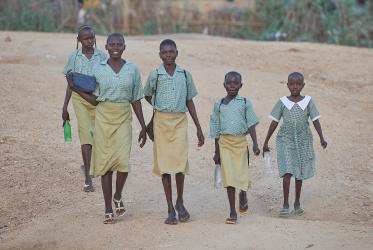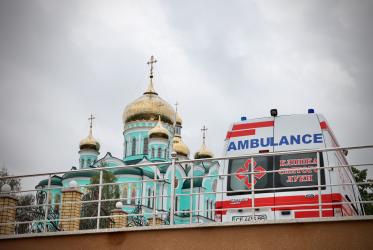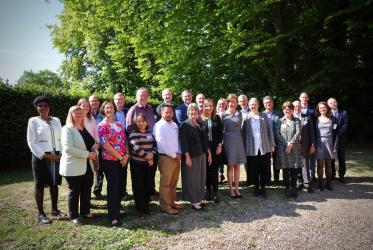Displaying 1 - 20 of 118
28 March 2024
Women and children in Gaza bearing brunt of ongoing war
16 January 2024
A Guide for Churches on the Prevention of Obstetric Fistula
26 October 2023
Répondre aux besoins humanitaires en Ukraine
27 September 2022
Ukraine: Responding to humanitarian need
08 September 2022
“My hope is in you”—youth in the Holy Land carry the future
17 August 2022
Un monastère ukrainien répond aux conséquences de la guerre
11 August 2022
Monastery in Ukraine responds to the consequences of war
09 August 2022














